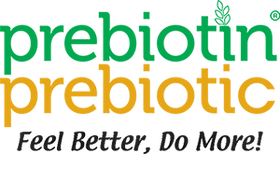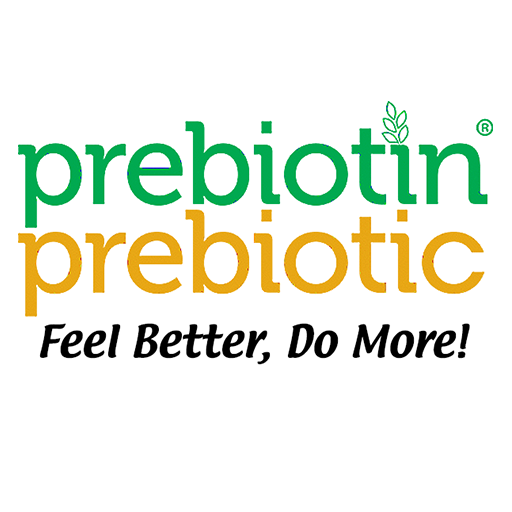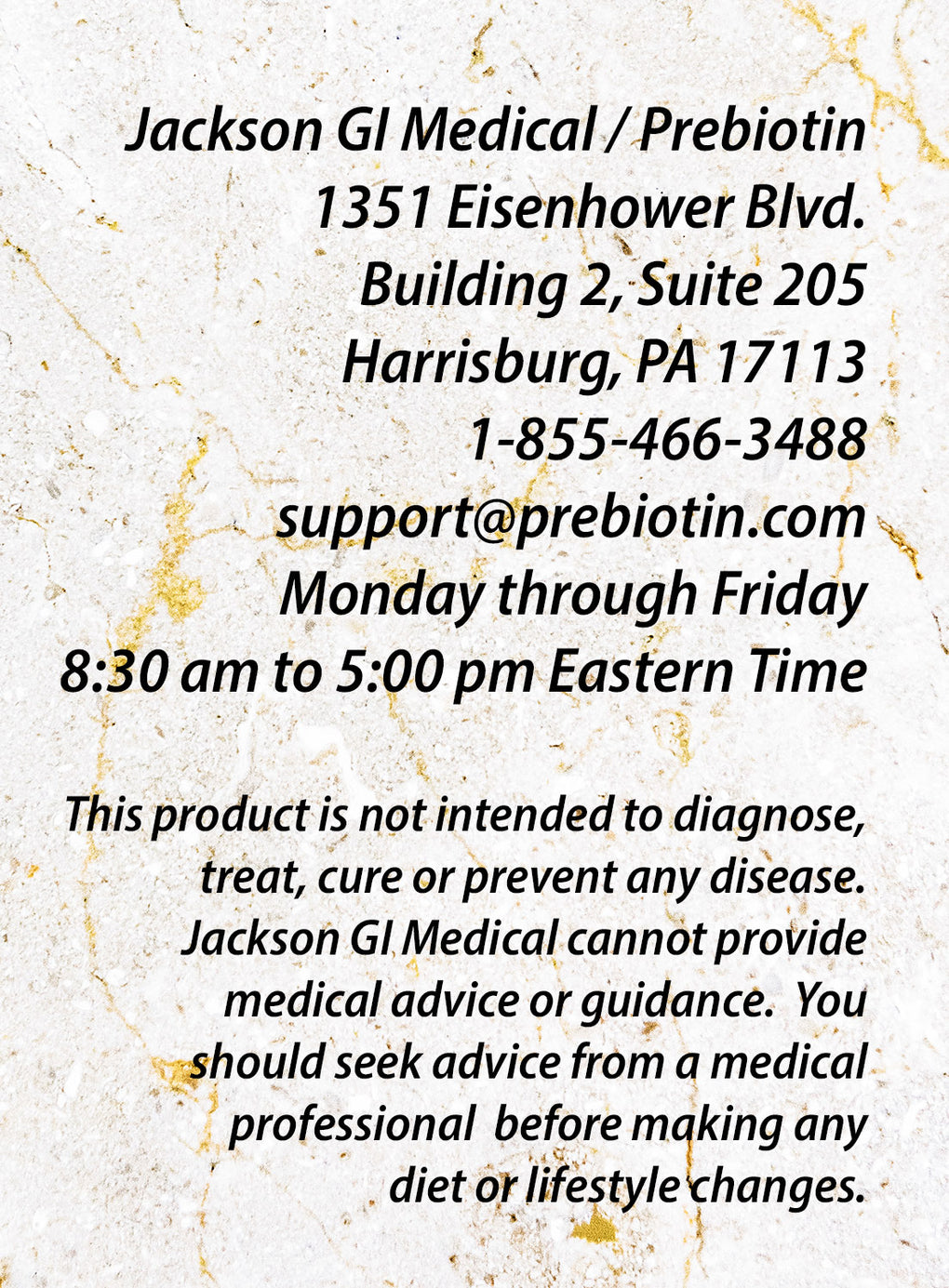Are We Confused Yet?

By Ronald Walborn, Jr., CEO
Since the dawn of the probiotic supplement industry, we have been gradually inundated with more buzzwords than we can keep straight.
Prebiotics, Probiotics….Postbiotics…..Tri-biotics ???? What is that?
Prebiotin is here to help settle the confusion and hopefully guide you through the choices available to you. What are each, what is good or not, when do I want one vs another? Let’s see if we can help.


Probiotics – most of us by now are familiar with probiotics. These are the actual live bacteria found in the gut, in certain mainly fermented foods such as yogurt, kefir, sauerkraut, miso, pickles just to name a few, as well as more recently provided by supplements to deliver the specific probiotic bacteria directly into the gut. Sounds good right? We all need to make sure that we are giving our gut all the good gut bacteria it needs. But which bacteria is right? Bifidobacteria, Lactobacillus, Acidophilus, blah blah blah, the list seems endless. Which of these, or the many others, are right for you and your gut? Do you know? Most likely not. That is issue number 1 with adding probiotics to your diet, especially in supplement form. It’s true that these are most likely going to benefit you in some way (if they pass the added tests described below). But are they truly what your own gut and body needs?
The second issue, which is even more important is, are the probiotics you are trying to add through supplementation still alive and intact when they finally reach your gut. From the initial production stage, through transportation and storage, ultimately by the time they reach you on the store shelf or in the mail, there is much potential for that live bacteria to no longer be alive somewhere along the line. But assuming it is still alive and thriving, what about the acidity of our digestive system. From mouth to stomach the acids in our system have the potential to do great harm to those live bacteria, rendering them useless by the time they reach their destination.
Third, assuming all the above is accounted for, that the probiotic is what you actually need, and gets to the stomach alive and intact, ready to do its job as intended, how much can you really add to your gut in supplement or food. We see these numbers on the probiotic packaging, 10 billion, 50 billion, even more and they seem like a lot. The reality is that supplementing your gut with probiotic bacteria is much like standing on a vast expanse of beach and tossing a handful of sand into the air, with the expectation that it is going to make a difference. Or imagine a thriving rain forest and planting a lone flower amongst the myriad of flora already growing and expecting that flower to proliferate throughout the forest. Not much chance of that, is there?
 Now let’s consider Prebiotics. Prebiotics are a special type of fiber that feeds the good probiotic bacteria in your gut. Inulin is a common prebiotic which is also found in many fibrous foods, such as wheat, onions, bananas, leeks, asparagus, chicory root, etc. All prebiotics come from some source of fiber, but not all fiber is prebiotic fiber. Do you need to know which foods provide prebiotic fiber? Yes, if you’re trying to get your prebiotic fiber from food alone. But here is the catch. It is almost impossible to eat the types of food that provide prebiotic fiber, in large enough quantities to make a material impact on your gut. There is just not enough present, nor can you eat enough, to help. So what about prebiotic supplements? That depends on the supplement itself. First, is it sourced from high quality ingredients? Prebiotin comes from chicory root, which is widely recognized as the most scientifically studied, highest quality food source available to provide the prebiotic necessary to benefit your gut. And Prebiotin does not add any further ingredients to the prebiotic fiber, in our plain product. Many prebiotic supplement makers selling on the market today believe that the products they produce, should be further supplemented with many ingredients, added for numerous purposes, most of which are not the intent of the consumer wanting prebiotic fiber in their diet. And by including many added ingredients, they tend to cut the amount of prebiotic included in their supplement, to add in everything else. Many prebiotic supplements on the market today are poorly sourced, low-quality ingredients, and provide minimal amounts of the actual prebiotic fiber necessary to really affect the gut in a positive manner. But if they can add ½ gram, or maybe a little more, to everything else that is already included, then they can claim they have a prebiotic supplement to offer. Prebiotin provides a minimum of 4 grams of nothing but high-quality prebiotic fiber, sourced from chicory root, in our everyday recommended dosage. We feel these higher quantities of prebiotic dosages are necessary to truly reap the benefits Prebiotin provides.
Now let’s consider Prebiotics. Prebiotics are a special type of fiber that feeds the good probiotic bacteria in your gut. Inulin is a common prebiotic which is also found in many fibrous foods, such as wheat, onions, bananas, leeks, asparagus, chicory root, etc. All prebiotics come from some source of fiber, but not all fiber is prebiotic fiber. Do you need to know which foods provide prebiotic fiber? Yes, if you’re trying to get your prebiotic fiber from food alone. But here is the catch. It is almost impossible to eat the types of food that provide prebiotic fiber, in large enough quantities to make a material impact on your gut. There is just not enough present, nor can you eat enough, to help. So what about prebiotic supplements? That depends on the supplement itself. First, is it sourced from high quality ingredients? Prebiotin comes from chicory root, which is widely recognized as the most scientifically studied, highest quality food source available to provide the prebiotic necessary to benefit your gut. And Prebiotin does not add any further ingredients to the prebiotic fiber, in our plain product. Many prebiotic supplement makers selling on the market today believe that the products they produce, should be further supplemented with many ingredients, added for numerous purposes, most of which are not the intent of the consumer wanting prebiotic fiber in their diet. And by including many added ingredients, they tend to cut the amount of prebiotic included in their supplement, to add in everything else. Many prebiotic supplements on the market today are poorly sourced, low-quality ingredients, and provide minimal amounts of the actual prebiotic fiber necessary to really affect the gut in a positive manner. But if they can add ½ gram, or maybe a little more, to everything else that is already included, then they can claim they have a prebiotic supplement to offer. Prebiotin provides a minimum of 4 grams of nothing but high-quality prebiotic fiber, sourced from chicory root, in our everyday recommended dosage. We feel these higher quantities of prebiotic dosages are necessary to truly reap the benefits Prebiotin provides.
Ok, so prebiotics seem to have fewer issues to contend with than probiotics, as long as the source is high quality, and the quantity is enough to help. Can I take the 2 together at the same time? Yes, and this in supplement form is called a Synbiotic. We didn’t even mention this one before. But the issues surrounding probiotics and prebiotics still hold true, whether taking separately or in one Synbiotic supplement. The right bacteria, in the right amount, alive and intact, with enough prebiotic fiber available to feed the probiotic bacteria provided. Sounds like quite a challenge to satisfy all those requirements. And very few if any supplements on the market can do as well as each on their own.

So now I hear about something called “Postbiotics”. What is this? When the healthy bacteria in the gut feed upon the prebiotic fiber, they produce waste products of bioactive compounds that offer various benefits to the health of your body. Many of the actual health benefits that result from pre, and probiotics are the result of this bacterial waste, or in other words, the “poop” produced by the live organisms thriving in your gut. So then should we just skip the pre and pro and go right to supplements that contain postbiotics? Maybe, but so far, the research is very limited in this regard. And I am sure that the added and indirect health benefits one receives from prebiotics as an example, such as helping to manage weight through the fiber in the diet, is something that you will miss out on by trying to benefit the gut from postbiotics on their own. Plus, we are far from knowing which probiotic bacteria combined with which prebiotic fiber would do best for each of us and our unique health situation. Still, postbiotics have an exciting and promising future ahead, because of the potential that this postbiotic waste being produced, may be most important in providing the health benefits that we strive to achieve. More research is needed in this regard.
Ok, so we understand pre and pro and postbiotics……now we have something else called “Tri-biotics” to consider. Tri-biotics simply try to combine all 3 probiotics, prebiotics and postbiotics into one supplement. Talk about making your head spin and your gut hurt all at the same time. I can only imagine the difficulty in taking all those issues expressed before into account in developing one all-encompassing supplement that would be beneficial for everyone at the same time. But that is the intent. Whether there is any single tri-biotic supplement on the market today that works, we cannot say. But certainly, there are products out there trying to satisfy this niche.
Our overall assessment and advice is to stick with what is known and proven to work. Prebiotics, we believe, are the most important aspect of all the “biotics” to consider. Prebiotic fiber will provide the nourishment necessary for the good bacteria in your gut, regardless of whether those bacteria came from a good high-quality probiotic that checks all the boxes or is already present in your gut. And that may be the key to understanding what is most important. Your body is different than mine, which is different from my neighbor, different from everyone else. We all have our own unique makeup within our gut. And our bodies know what is right and good and beneficial for its own good health. If we just feed our guts the proper nutrition it needs, in this case the prebiotic fiber to feed the good bacteria already present, we don’t need to worry about whether some probiotic supplement is good, right, alive or beneficial specifically to ourselves. Just feed your body the nourishment its own bacteria needs, and your body will do the rest.






